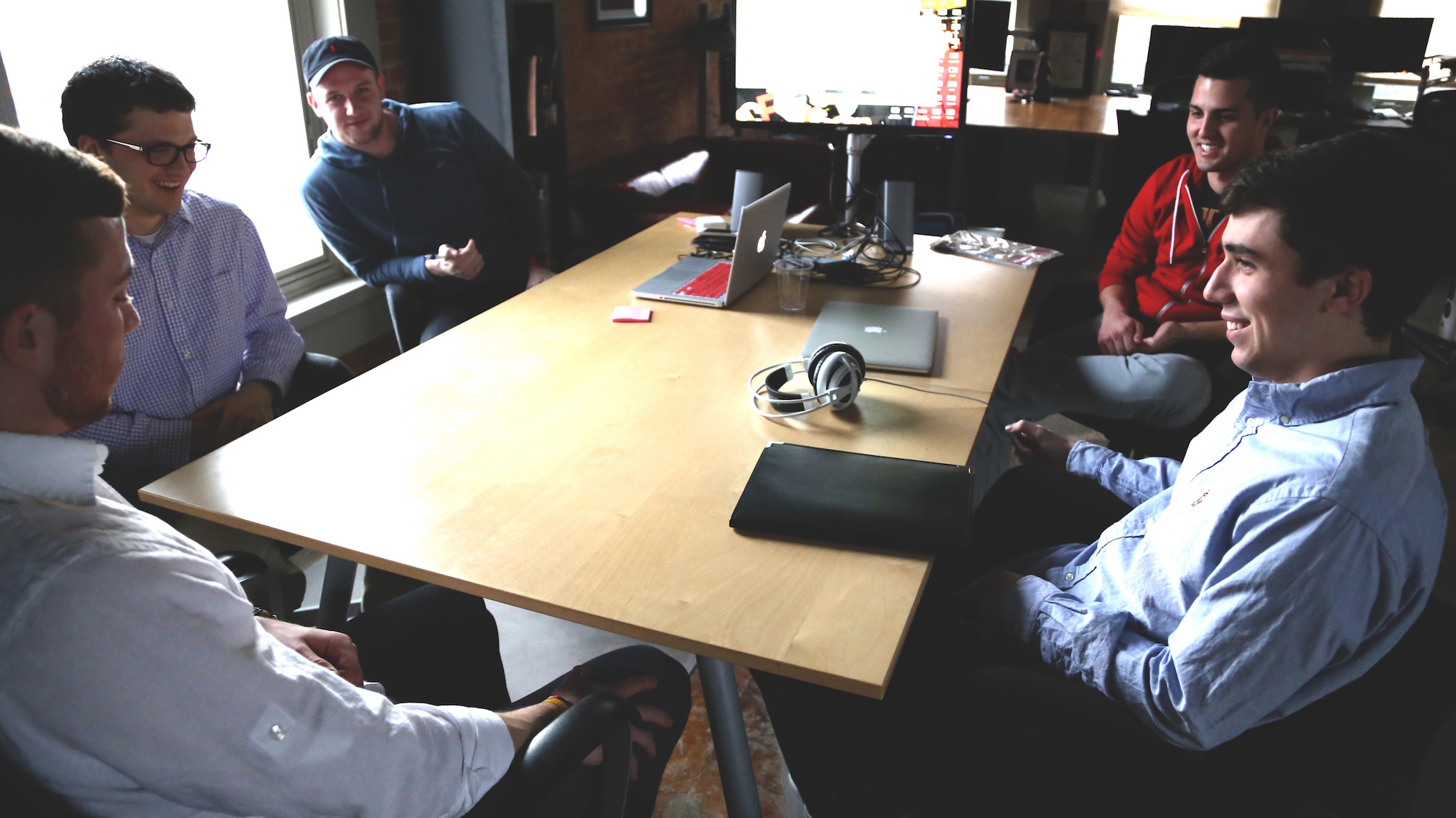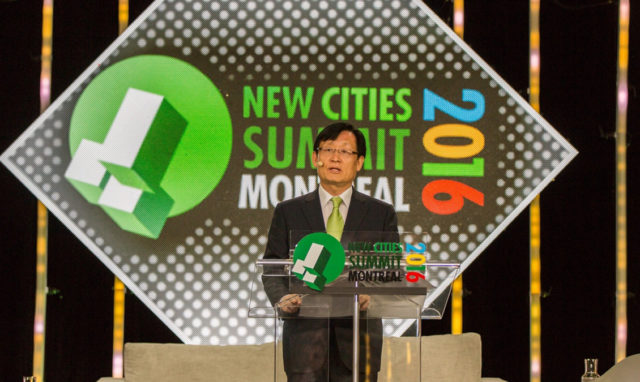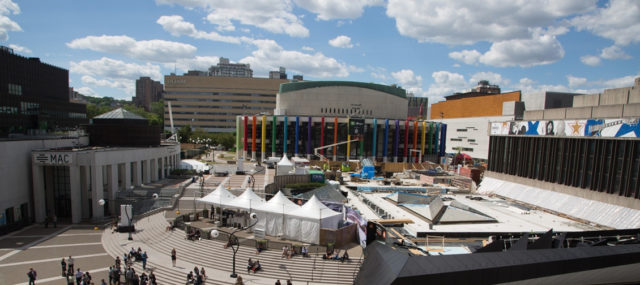
New Cities Summit 2016 – Day 2 Disruption, Innovation and Bringing Us All Together
June 23, 2016 — Blog
Everywhere, entrepreneurs and innovators are tapping into the immense power of technology to solve concrete and pressing challenges in cities and day two of the 2016 New Cities Summit provided the central hub of this transformative energy. Incheon Free Economic Zone (IFEZ) Authority Chairman Lee Young-geun opened the day by delving deeper into urban innovation in new cities showcasing the 13-year process which reshaped an expanse of open water and sandbars into the vibrant, eco-friendly, and competitive new city of Incheon, Songdo, the host for next year’s New Cities Summit.

Urban Tech promises cities greater connectivity and choice, especially with regards to “Mobility as a Service”. Tim Papandreou, Director of the Office of Innovation at the San Francisco Municipal Transport Agency, called for public transport authorities to change their mindset and see themselves more as “curators of an organism,” in which a whole integrated network of transport options can serve the mobility demands of urbanites. The question is not whether Urban Tech will change cities, but whether or not cities will leverage this opportunity in their transport planning. He continued, “If cities aren’t clear about the scenarios they want, they will be victims of the scenarios they get.”

On the topic of “Wellbeing”, Cubigo (a startup that enables the elderly to live autonomous lives) Founder Geert Houben argued that the smart use of data could foster intelligent and connected cities to cater to specific needs. An example such as installing sensors in elderly peoples’ homes could notify other community members of potentially dangerous irregularities, such as not having opened their fridge for three days. Urban Tech has the potential to considerably strengthen elder citizens’ capacity for independent living, while also connecting them to local support systems.
“Sharing is Caring, Trust is Key” illustrated Urban Tech’s potential to rebuild physical interaction within communities. Muneeb Mushtaq, Co-founder and CEO of AskforTask, described how his platform creates an “Uber for services”. As Mushtaq phrased it, “you are connecting with the individual, instead of calling the company and getting ‘their guy’”. The act of having members of a community complete tasks for each other not only fosters connections and relationships, he argued, but allows for a more efficient use of resources and time.
Attention at the Summit then turned to “Small Business Cities” and how they can use Urban Tech to attract and support small and medium-sized enterprises (SME’s). Aaron Lander, Co-founder & CEO of PopUpsters, argued that everyone should be able to start a company. Although the rapid digital evolution may raise concerns of disruption in business, Philipp Bouteiller, CEO of Tegel Projekt GmbH, saw this as a great prospect for start-up entrepreneurs, “there is nothing as good as a good crisis for innovation.”
Perhaps no other public figure embodies the spirit of disruptive innovation through design more than architect Daniel Libeskind. Libeskind spoke about digital technology being a key to success in contemporary architecture and how architects must now consider how they create virtual spaces alongside physical spaces in their design.

This interaction of virtual and physical spaces was explored further in “Placemaking: Building the Community Through Urban Tech” as Chris Gourlay, Founder and CEO of Spacehive, passionately argued for virtual crowdfunding by city dwellers towards civic projects in their communities. This would re-inject the soul of the city back into the public space, and disrupt alienating top-down urban institutions. As he asserted, “The most important use of technology in placemaking, is when it helps to facilitate chaos, anarchy; good bacteria.”
A true hive of conversation took hold at the New Cities Summit 2016. Mayors exchanged with tech experts, academics together with entrepreneurs, filling the room and the city with a world of ideas. “This is what Montreal is all about. To bring everyone together,” said Montréal Mayor Denis Coderre in his closing address. And beyond? The next steps of the Age of Urban Tech will be measured in how it unites people together, facilitates connections, and allows all city dwellers to share in the benefits of urban innovation.
